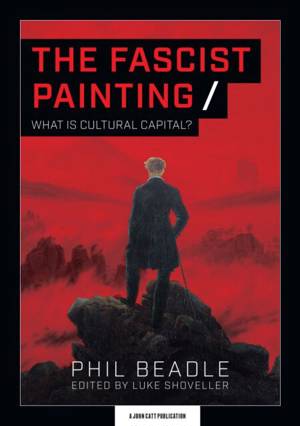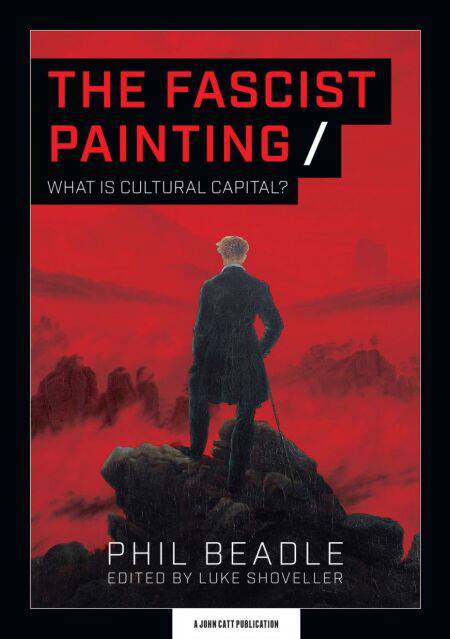
- Retrait gratuit dans votre magasin Club
- 7.000.000 titres dans notre catalogue
- Payer en toute sécurité
- Toujours un magasin près de chez vous
- Retrait gratuit dans votre magasin Club
- 7.000.0000 titres dans notre catalogue
- Payer en toute sécurité
- Toujours un magasin près de chez vous
11,99 €
+ 11 points
Description
The Fascist Painting is a serious, rich and deeply intelligent piece of work that will radically alter the way we view culture in schools and will be a key text for anyone designing a curriculum. The Ofsted Inspection Framework states that cultural capital is 'The essential knowledge that pupils need to be educated citizens' and that schools 'should be introducing [students] to the best that has been thought and said and helping to engender an appreciation of human creativity and achievement'. They are now considering, 'the extent to which schools are equipping pupils with the knowledge and cultural capital they need to succeed in life.' But what does this term mean? And how are schools to respond to this? In this densely argued and wide-ranging text, Phil Beadle answers those questions and many more by using the work of Pierre Bourdieu to prompt a discussion of how we improve the provision of cultural capital in our schools. Where does the best that has been thought and said come from? Why is the government importing the unexamined language of the private school into the state sector? What is the real purpose behind character education? Does sport, as is reputed, teach resilience, and why would anyone think it was appropriate to teach children a quality they already have? Is cultural capital just ruling class culture? Chiefly, does using a term originated by a French intellectual and radical sociologist to instate the culture of the rich as being superior prove anything other more than a complete absence of thought, or have they accidentally given us a radical tool to change education for the better?
Spécifications
Parties prenantes
- Auteur(s) :
- Editeur:
Contenu
- Langue:
- Anglais
Caractéristiques
- EAN:
- 9781913808365
- Date de parution :
- 24-09-20
- Format:
- Ebook
- Protection digitale:
- Adobe DRM
- Format numérique:
- ePub

Les avis
Nous publions uniquement les avis qui respectent les conditions requises. Consultez nos conditions pour les avis.






